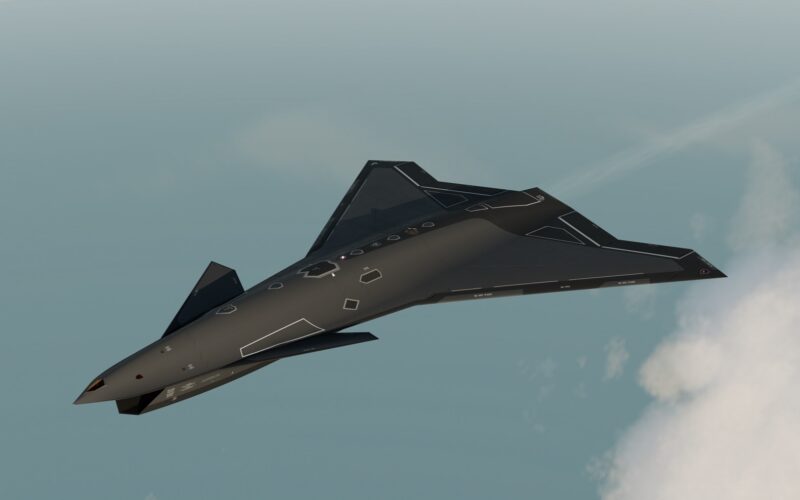The United Kingdom and Germany have formalized a landmark deal, the ‘Trinity House Agreement,’ to strengthen their cooperation in defense manufacturing and military operations. The British Ministry of Defence (MoD) described the agreement, announced on October 22, 2024, as “a fundamental shift in the UK’s relations with Germany and for European security.”
Joint maritime surveillance and anti-submarine operations
Under the new Trinity House Agreement, Germany’s Deutsche Marine P-8A Poseidon maritime patrol aircraft will conduct joint deployments at RAF Station Lossiemouth in Scotland, enhancing collaborative maritime surveillance and anti-submarine warfare operations in the North Atlantic. Since 2020, when the first RAF Poseidon MRA arrived, Lossiemouth has served as the primary center for British maritime surveillance operations. Additionally, the two nations jointly plan to develop a new Maritime Uncrewed Air System.
The agreement also advances air defense integration to fortify European airspace against long-range missile threats. Germany’s European Sky Shield Initiative, launched in October 2022, seeks to unify Europe’s air defense capabilities through joint acquisitions. As part of this effort, Germany’s Bundestag approved funding on June 15, 2023, for the Israeli Arrow 3 and German IRIS-T SLM air defense systems.
Next-generation strike capabilities
The MoD further highlighted plans to expedite the development of a next-generation system with extended range and enhanced precision, potentially linked to the ground-launched European Long-range Strike Approach (ELSA), a program already supported by several EU nations, including the UK.
The agreement also addresses advancements in cruise missile technology, with a mention of the SCALP-EG/Storm Shadow missile system. In 2017, the UK, and France, later joined by Italy, launched the Future Cruise and Anti-Ship Weapon (FC/ASW) program led by MBDA to create a replacement for the platform.
Unmanned aerial systems for future air combat
A significant focus is also placed on unmanned aerial systems (UAS), aiming for seamless integration between drones and conventional fighter jets. Both nations are pursuing ‘loyal wingman’ drones as part of their broader Future Combat Air System (FCAS) and Global Combat Air Programme (GCAP), intended to support and enhance the capabilities of manned aircraft.
In June 2024, Airbus Defence and Space showcased its Wingman concept at the ILA Berlin air show, designed to operate alongside and support the Eurofighter Typhoon fighter, the backbone of both the Luftwaffe and the Royal Air Force fighter fleets.
A shift in European defense collaboration?
Interestingly, the Trinity House Agreement echoes key initiatives that either Germany or the UK have previously undertaken with France, such as the MAWS, FC/ASW, and FOA/FCAS programs, indicating a potential shift in the dynamics of defense collaboration within Europe.
Possible synergies may involve France in the future. For example, the German Ministry of Defense referred to France in its statement regarding drone development related to the agreement.
“The projects undertaken by Great Britain and Germany are also open to other allies and EU partners, including our E3 (European3) format with France,” the German ministry specified in a statement.

